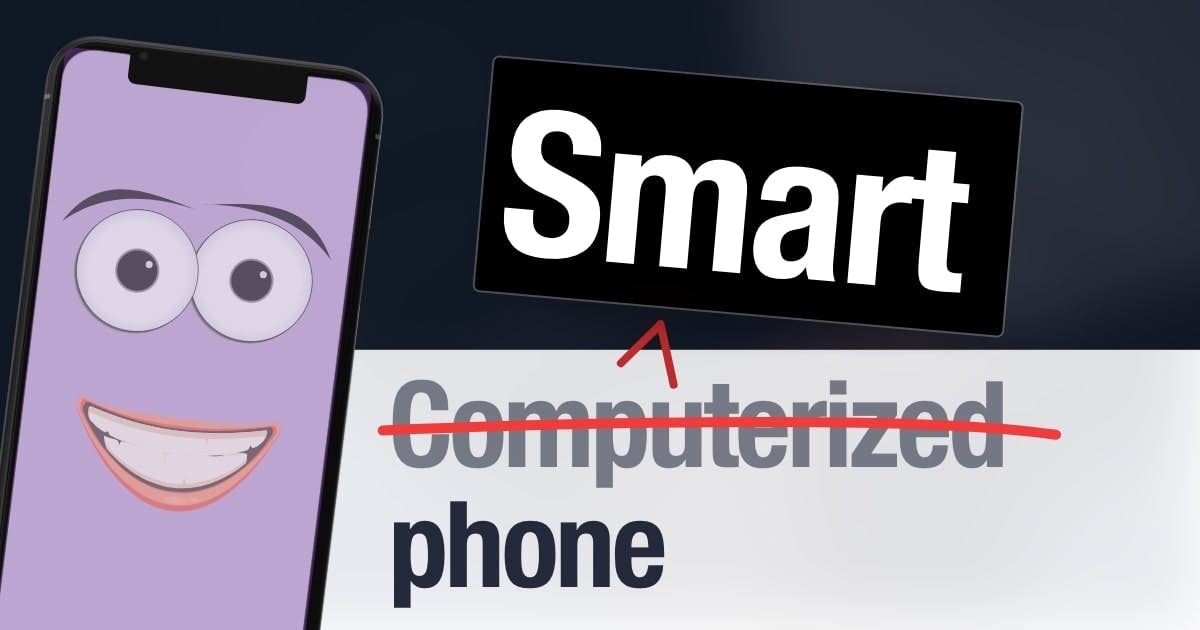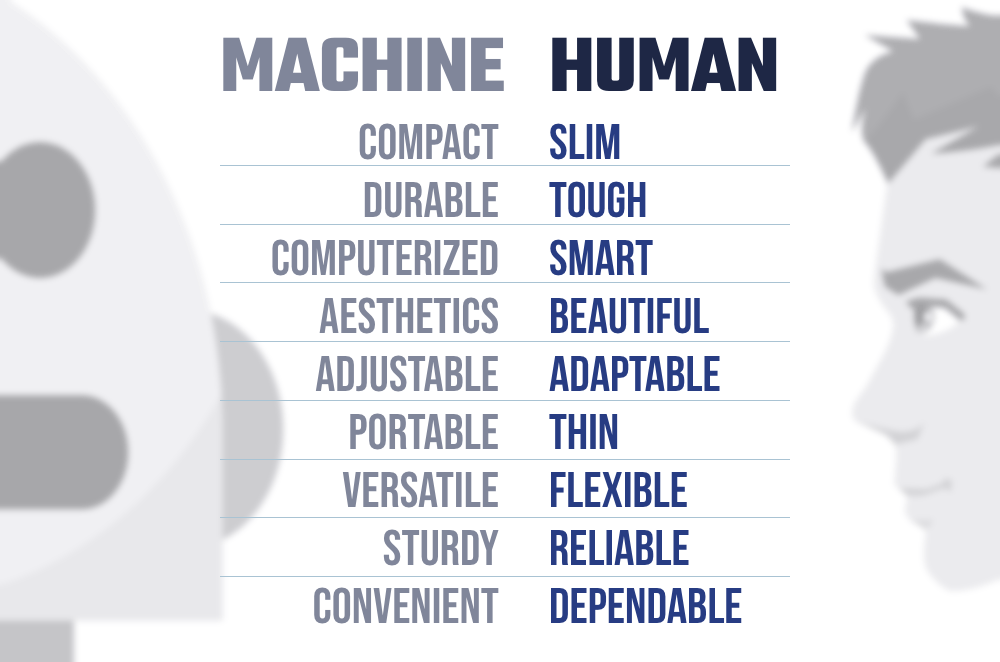Existing Customers Prefer Humanlike Descriptions
Loyal customers prefer humanized words (e.g., intuitive, elegant) because they identify with these products.

Overview
Some marketers depict mechanical features (e.g., computerized phone) with human language (e.g., smartphone).
Mercedes-Benz depicts vehicles as “intelligent” and “daring,” while BMW depicts vehicles as “intuitive” and “elegant.”
Other examples:

Does this language really work? A recent study tested it.
In a Facebook ad that was shown 156,510 people, clicks were higher when the product — an iPhone — was described as strong and beautiful. Clicks were lower with mechanical terms, such as durable and dazzling (Weiss, 2022).
But the researcher found a caveat: This effect only worked for existing iPhone customers who identified with the brand.
Why? When customers become attached to a brand, they blur the boundaries between self and product. In other words, iPhone customers are grouping this phone inside their self-identity, endowing it with a human essence. Seeing a humanized description feels more natural because this framing matches their deeper conceptualization.
The takeaway? Loyal customers prefer humanized descriptions of products because their personal identity has fused with them. Deep inside their brain, these products feel human.
- Weiss, L. (2022). Egocentric processing: The advantages of person-related features in consumers’ product decisions. Journal of Consumer Research, 49(2), 288-311.
